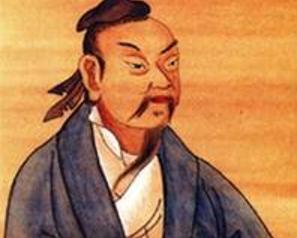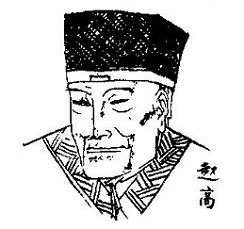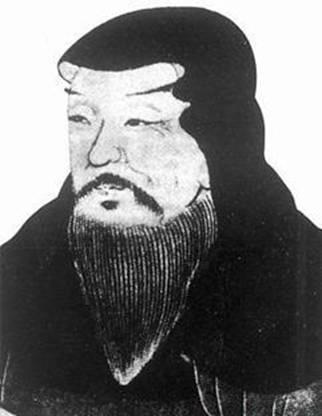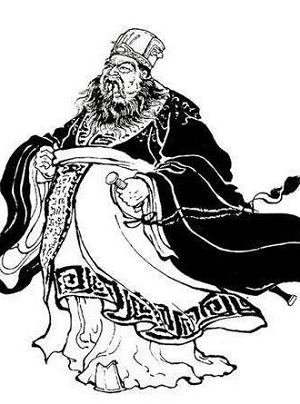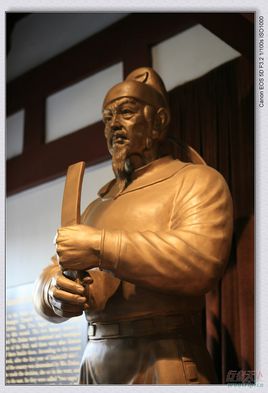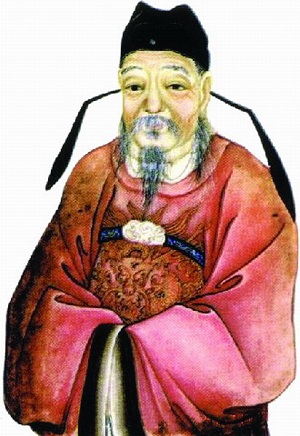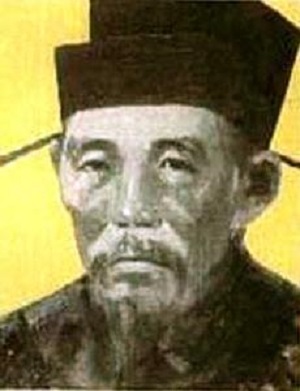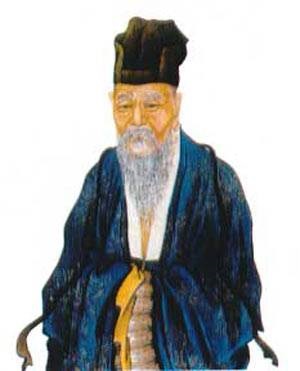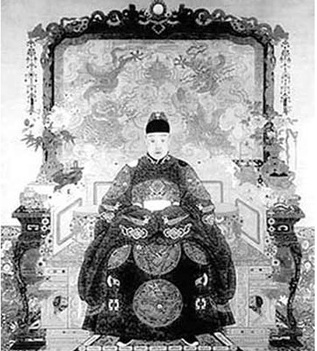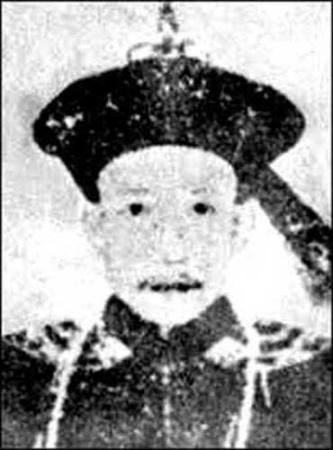Top 10 Treacherous Court Officials in Ancient China
Many Chinese dynasties in history have treacherous court officials who cheated the monarch, wrecked a country, ruined the people, extorted heavy taxes and levies, persecuted the faithful and honest, took bribes or broke laws. All these led to seething discontent among the masses, gradually declining of national power, and made the nation in peril. These treacherous court officials have been condemned through the ages and can be taken as a warning for people today.
Numerous treacherous court officials appeared in Chinese history and below are the very treacherous persons which should be included in the top 10 list.
1. Qing Fu 庆父
Qing Fu (? – 660 BC), the brother of Duke Zhuang, was an aristocrat of Lu state during the Spring and Autumn period. He used to sow discord, killed two monarchs and finally hanged himself to death. The idiom”Until Qing Fu is done away with, the crisis in the state of Lu will not be over” stems from this.
2. Zhao Gao 赵高
Zhao Gao (? – 207 BC), a former nobleman from state of Zhao, was a powerful eunuch of Qin Dynasty. He and Chancellor Li Si forced Emperor Qin Shihuang’s eldest son Fu Su to commit suicide and they juggled the emperor’s testament and helped the youngest son Hu Hai gain power. Soon he killed Li Si and designated himself as prime minister and murdered the new emperor Hu Hai. He was finally killed by Zi Ying, the grandson of the Emperor Qin Shihuang.
3. Liang Ji 梁冀
Liang Ji (? – 159 AD) was a minister of Eastern Han Dynasty. His two sisters are the expresses of the emperor Shun and Heng. When the emperor Shun died, he colluded with Empress Liang to designate Chong, Zhi and Heng as the emperor and controlled state affairs for 20 years. He plundered a large amount of asset equivalent of six months of government tax income. In 159AD, the Emperor Heng ordered to kill Liang’s family and Liang committed suicide.
4. Dong Zhuo 董卓
Dong Zhuo was originally a despot of Qingzhou. In 189AD, he led an army into Luoyang, killed the young emperor and designated new Emperor Xian and proclaimed himself as prime minister. He manipulated state affairs and aroused strong anger in people. He was finally killed by Wang Yun and Lv Bu.
5. Lai Junchen 来俊臣
Lai Junchen (651 – 697) was an oppressive official during the Tang Dynasty. He was favored by Empress Wu Zetian for informing and was promoted to be the vice-minister. Lai Junchen was extremely brutal and falsely implicated officials of crimes. He was finally executed for being accused of plotting to falsely accuse Wu Zetian’s family members.
6. Li Linfu 李林甫
Li Linfu (683 – 752 AD) was a domineering minister of Tang Dynasty. He served as director of the Board of Rites and head of the secretariat during the reign of Emperor Xuanzong. He was blamed for the deterioration of the emperor’s reign, which eventually resulted in the An-Shi Rebellion.
7. Qin Hui 秦桧
Qin Hui (1190 – 1155) was a chancellor of the Song dynasty. During the Jin–Song Wars he served as a traitor and advocated surrendering. He killed Yue Fei and other anti-Jin gnnerals on fabricated charges. He was spit by later generations for his evil actions.
8. Yan Song 严嵩
Yan Song (1480–1567) was a corrupt minister of Ming dynasty. He and his son controlled the Ming court politics for two decades during the rule of the Jiajing Emperor. He pocketed half of the country’s military spending. In 1562, His son was impeached and executed to death and he was cashiered and died in poverty.
9. Wei ZhongXian 魏忠贤
We Zhongxian (1568 – 1627) was a powerful and notorious eunuch during Ming Dynasty. In 1620, he was appointed as head of the eunuchs and Dongchang secret police agency. He and his buddies killed upstanding Donglin activist scholars such as Yang Lian and Zuo Guangdou.
10. He Shen 和珅
He Shen (1746 – 1799) was a corrupt and powerful official in Qing dynasty. He was favored by the Qianlong Emperor. He controlled the recruitment of government personnel, sold official posts, accepted bribes and collected huge wealth. After the death of Emperor Qianlong, he was accused of corruption and abuse of power and executed to death by Emperor Jiajing. His property was confiscated and the total wealth was equal to 10 years of the Qing Empire’s tax revenues.

